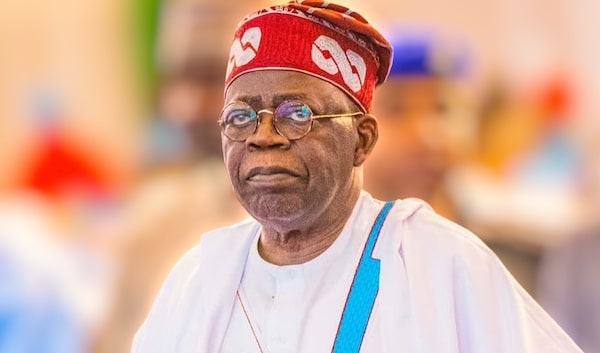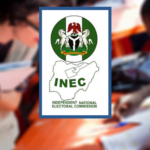
WITH litigation over the February 25 presidential election concluded at the Supreme Court on October 26, President Bola Tinubu should get cracking in fixing Nigeria. During the period that his victory was being challenged at the Presidential Election Petition Tribunal and later at the Supreme Court, uncertainty over the outcome affected the pace of governance. Now firmly established in office, Tinubu has the harder task to turn Nigeria around for good.
Already, he has spent five months out of a four-year term. Thus, there is no more time to waste, having inherited a country that is in a deep economic mess, sharply divided and insecure.
Therefore, Tinubu, who promised to hit the ground running during electioneering, must confront the reality on the ground and deliver.
His background as a former two-term governor of Lagos State, and his private sector work experience, put him in a good stead to engineer necessary reforms.
He should concentrate immediately on three pressing sectors –the economy, security, and restructuring. If he can get the three areas right, there is hope for the beleaguered country of 220 million citizens.
First, the economy; on a downward spiral for nearly 10 years, the statist bent of Tinubu’s predecessor, Muhammadu Buhari, compounded its woes. Nigeria remained a net importer of refined petroleum products despite being among the world’s top producers of crude oil. Serial turnaround maintenance contracts of the refineries gulped billions of dollars without producing refined products.
At 33.3 per cent, unemployment became the norm. Fleeing the hostile operating environment, several multinationals relocated from Nigeria to more conducive climes. Infrastructure remains decayed, needing $3 trillion to fix.
The national currency took a hit, exchanging for N463 to $1 and N750 in the parallel market at Tinubu’s inauguration in May. Rather than strategically assessing his options, Tinubu rushed headlong into a policy of rate unification. He has burnt his fingers. In October, the currency crossed the N1,000 to $1 mark.
With the removal of petrol subsidy one month ahead of schedule, inflation jumped to 26.7 per cent in September, up from August’s 25.8 per cent. Millions more crashed into extreme poverty.
Tinubu needs to upgrade his economic management team, stop taking rash economic decisions, and prioritise privatisation.
Despite promises and a slew of appointments, insecurity persists. Assorted criminals are wreaking havoc across Nigeria. In the North-West, bandits operate freely: terrorists are still striking with precision in the North-East; the North-Central states of Plateau and Benue are under a bloody assault from Fulani herdsmen, and bandits brought down a Nigerian Air Force plane in Niger State in August.
South-East, South-South and South-West residents live in perpetual fear of kidnappers, highway robbers, and cult violence. According to Nuhu Ribadu, the National Security Adviser, thieves steal 400,000 barrels of oil per day.
Global Rights, an NGO, said 555 Nigerians were killed in Tinubu’s first month in office. Nigeria is the eighth most terrorised country in the world, says the Global Terrorism Index.
Curiously, Tinubu demurs on restructuring. It is grave error of judgement on his part if he thinks he can fix these challenges without restructuring Nigeria. No magic wand can stabilise the naira as long as the 36 states and the 774 local governments depend on revenue sharing at the centre.
This is the crux of Nigeria’s predicament; it is mainly about fiscal federalism and devolution of power, including state and local policing. All the other 24 federal countries of the world operate decentralised policing. Nigeria hurts itself with its single police system that helps criminals to run riot.
Tinubu should implement crucial reforms, play less politics, and focus on these three critical deliverables.





